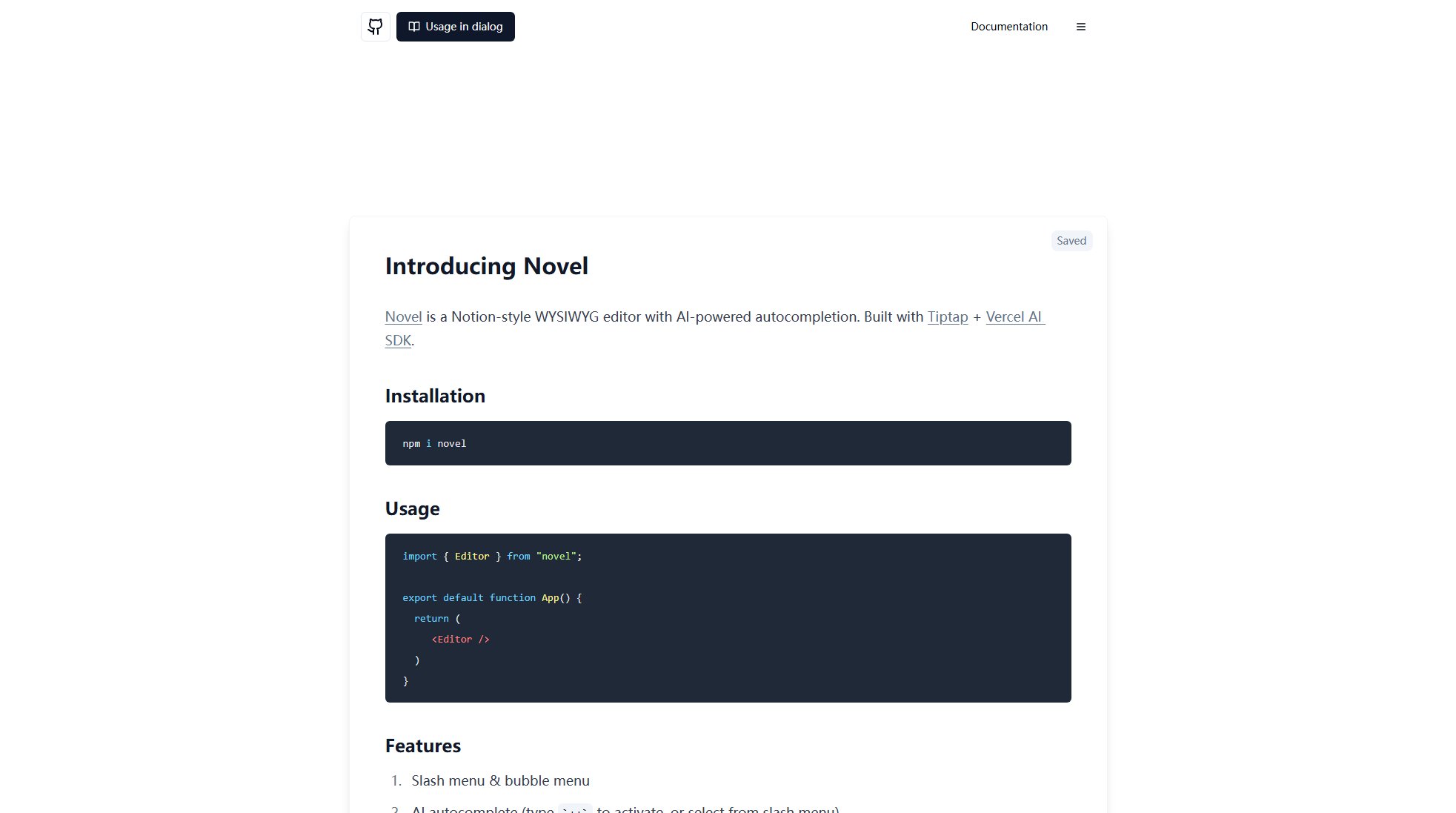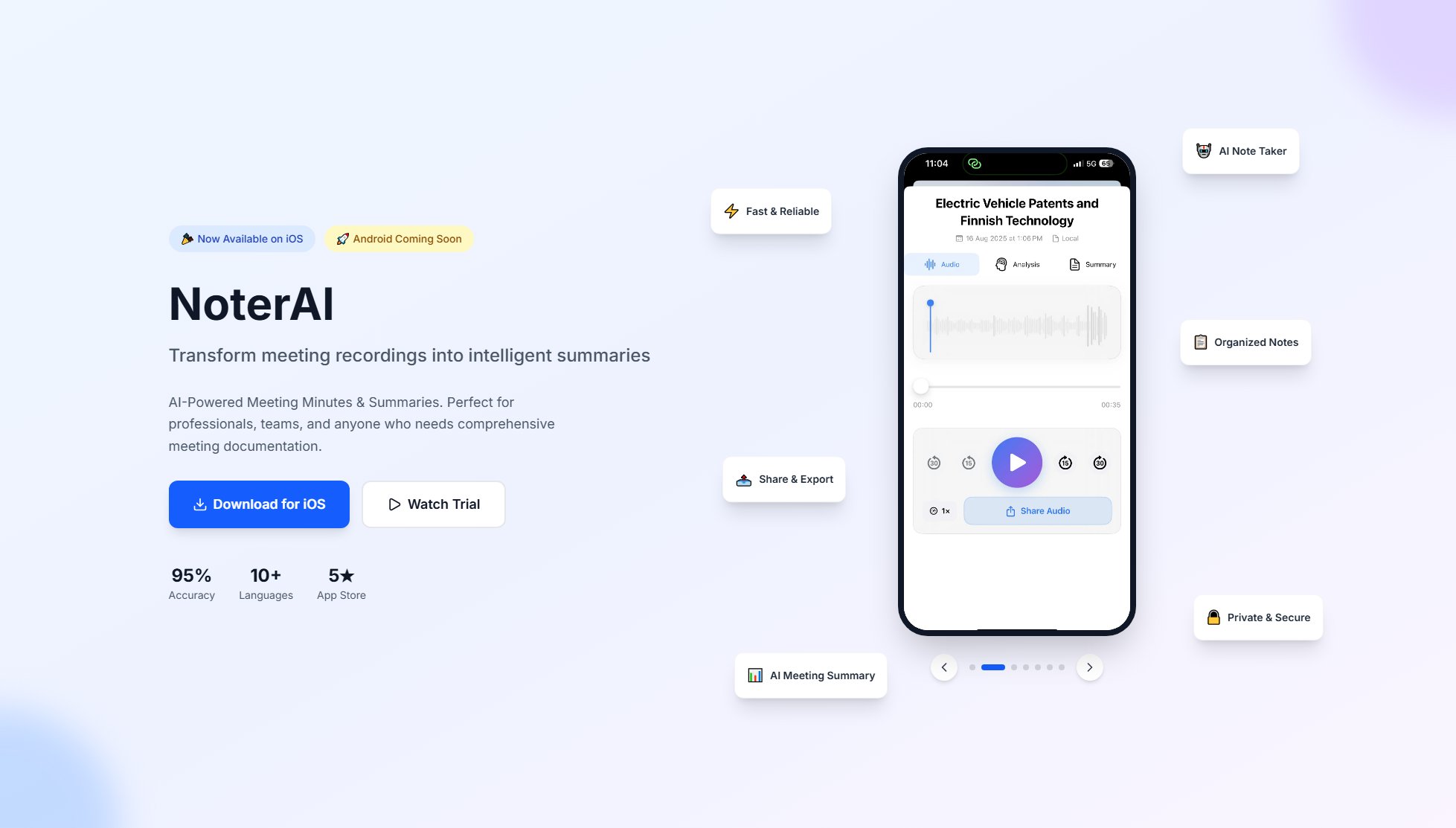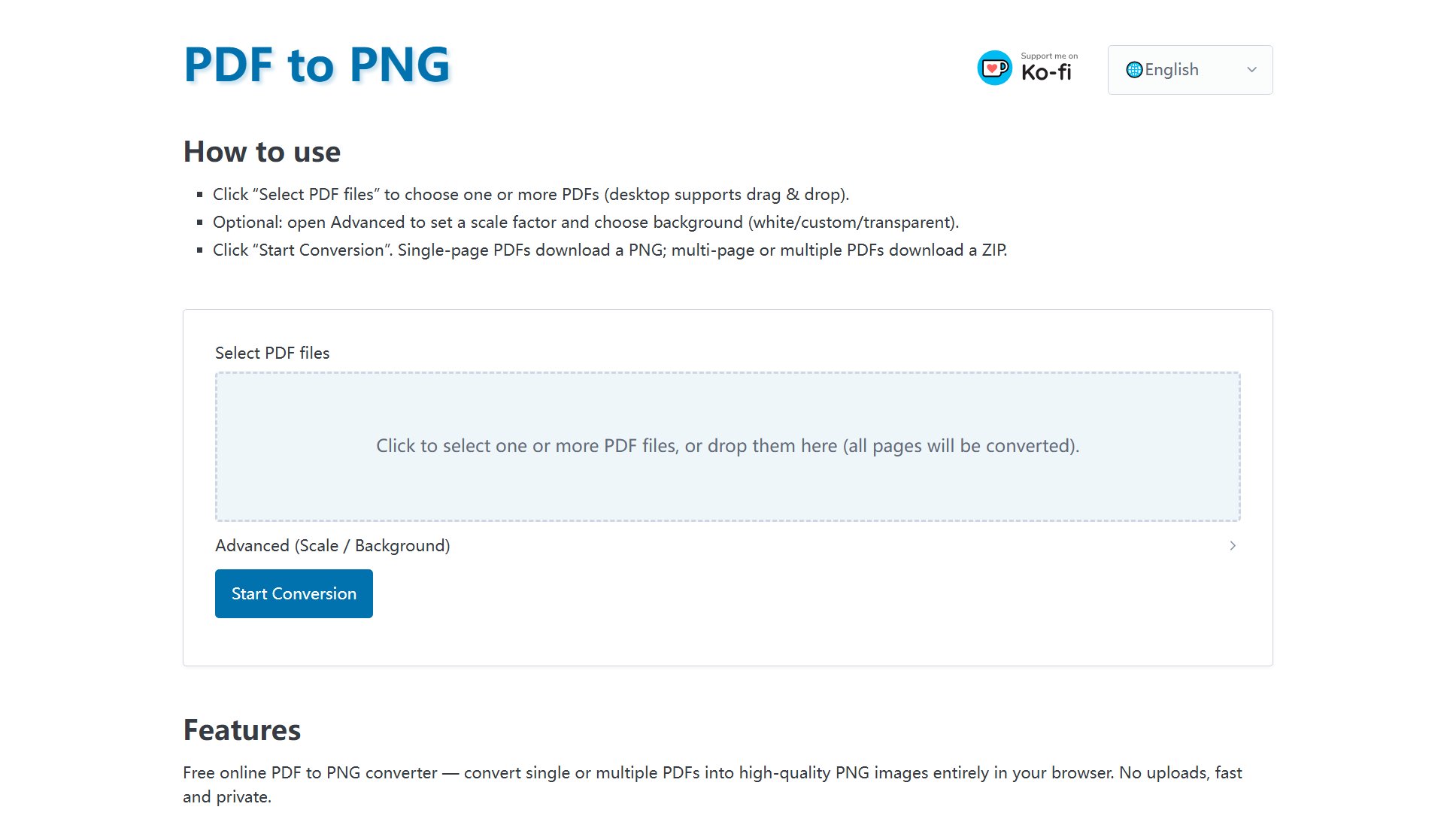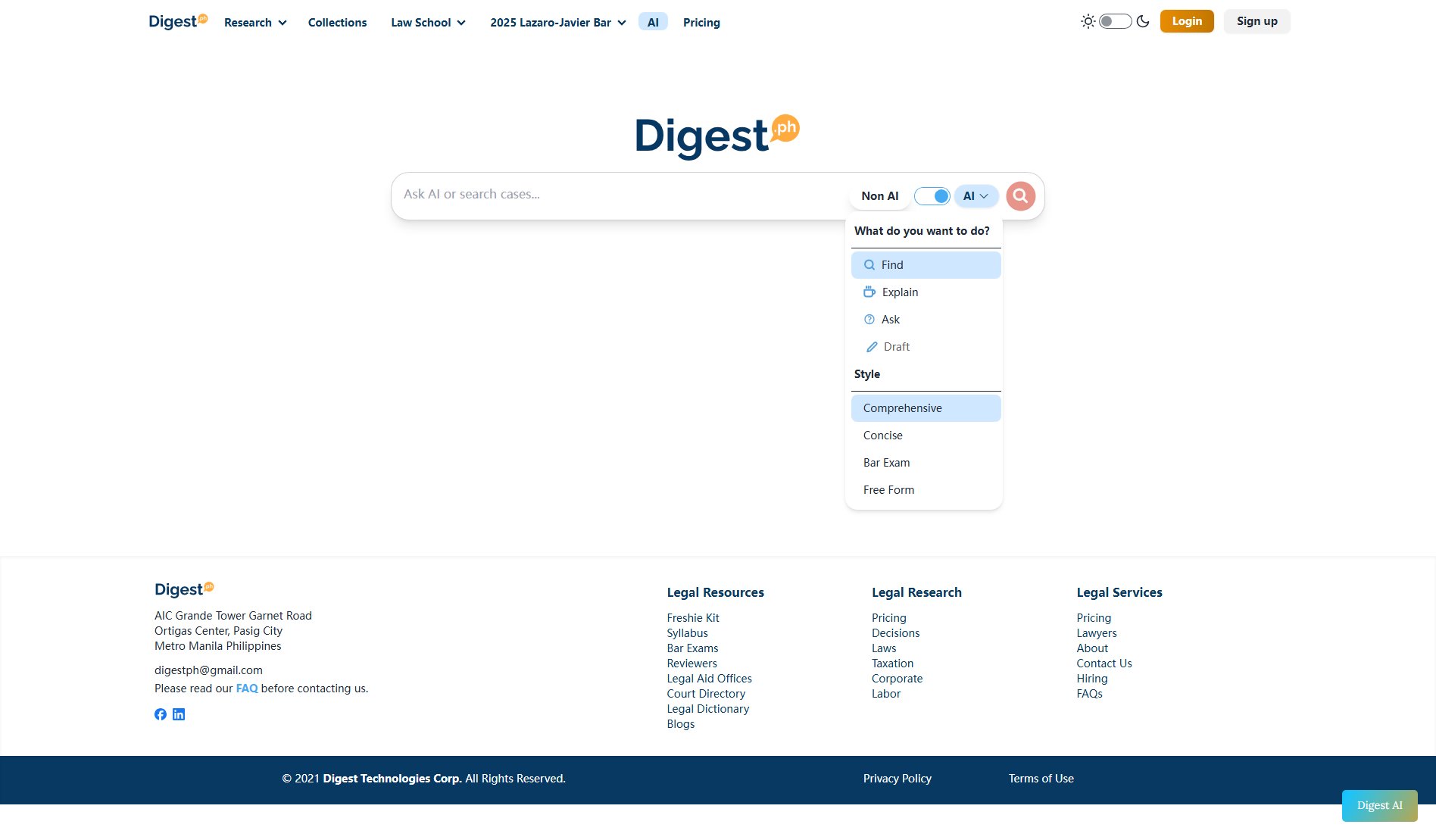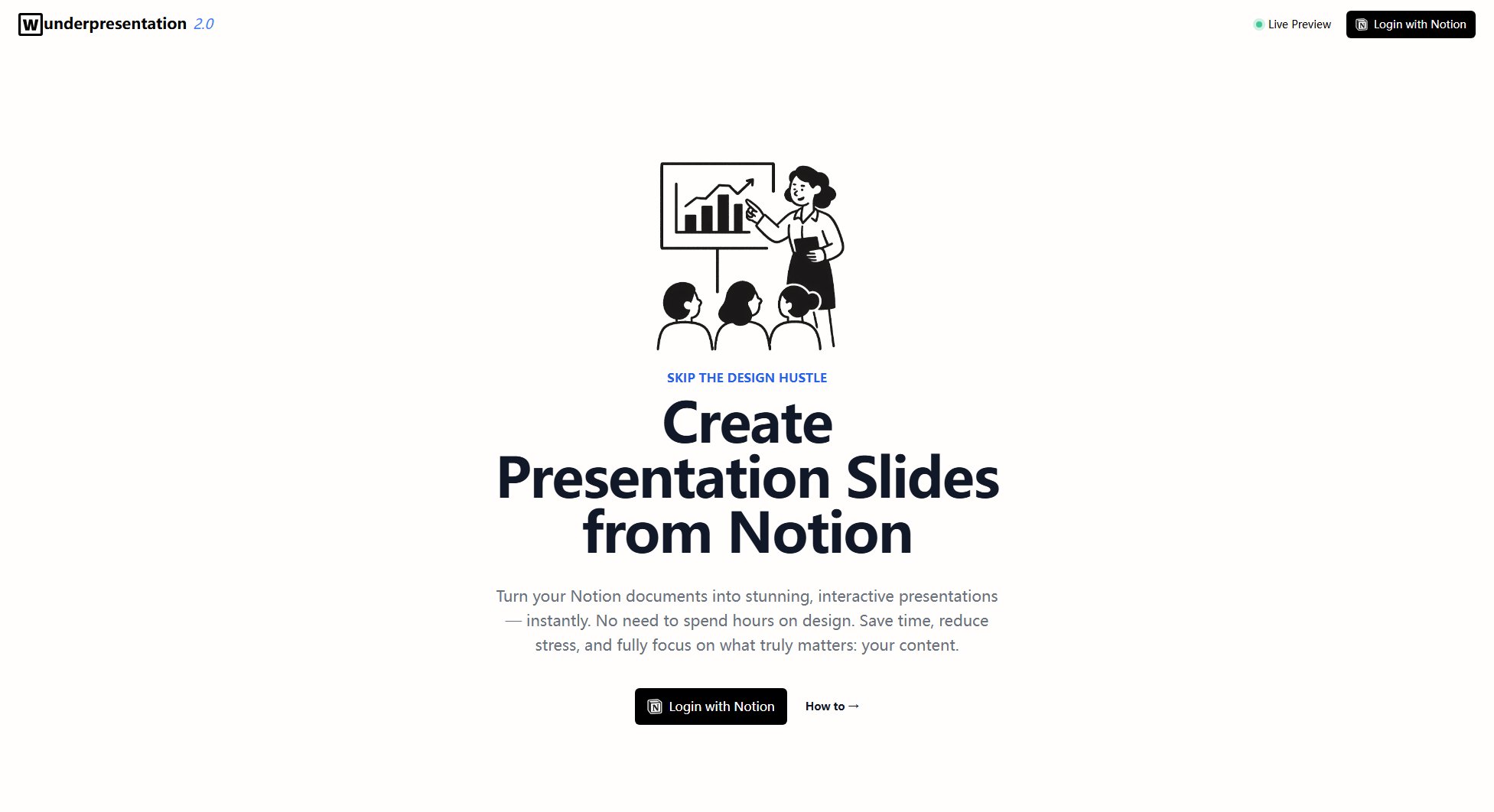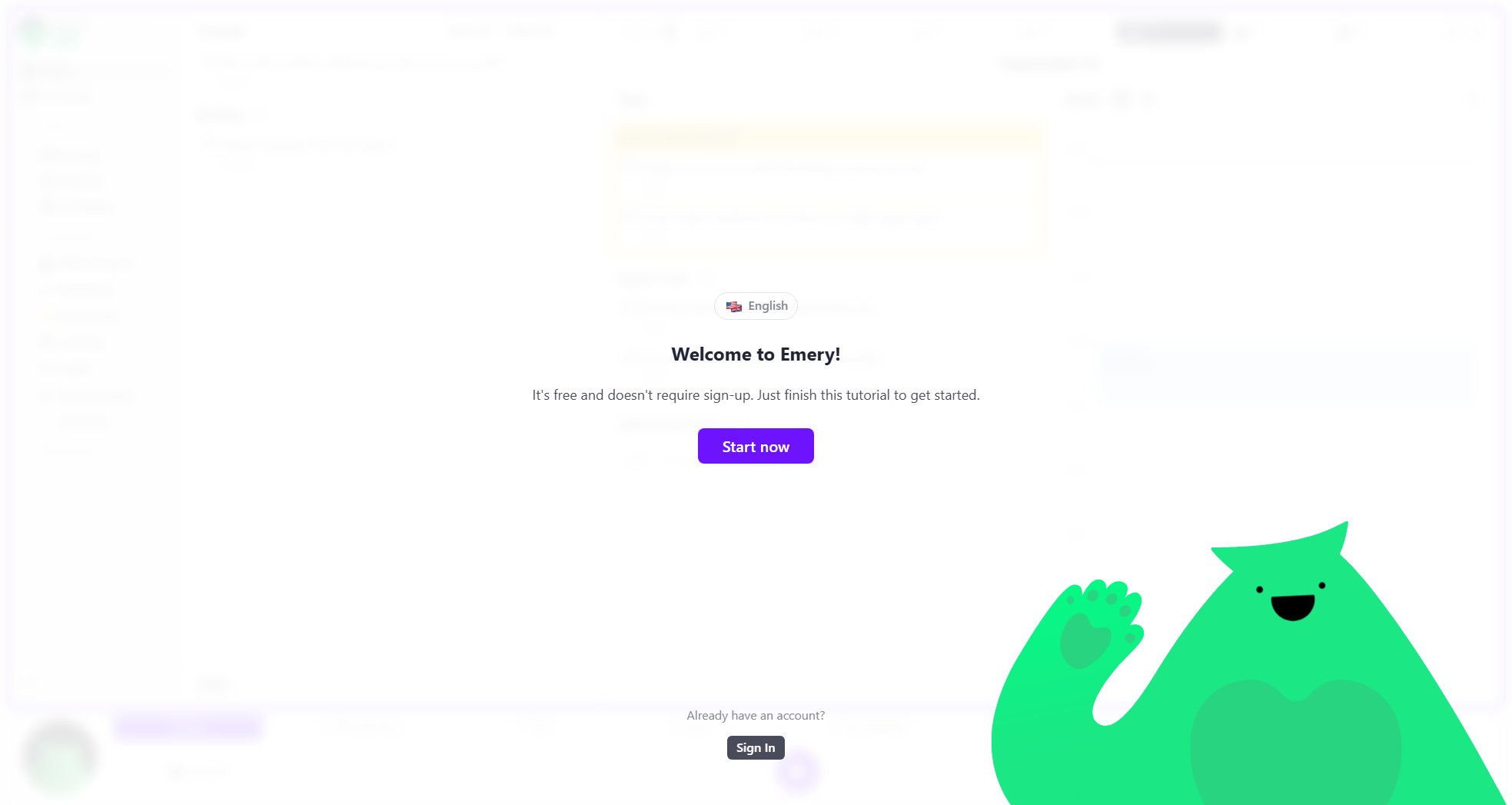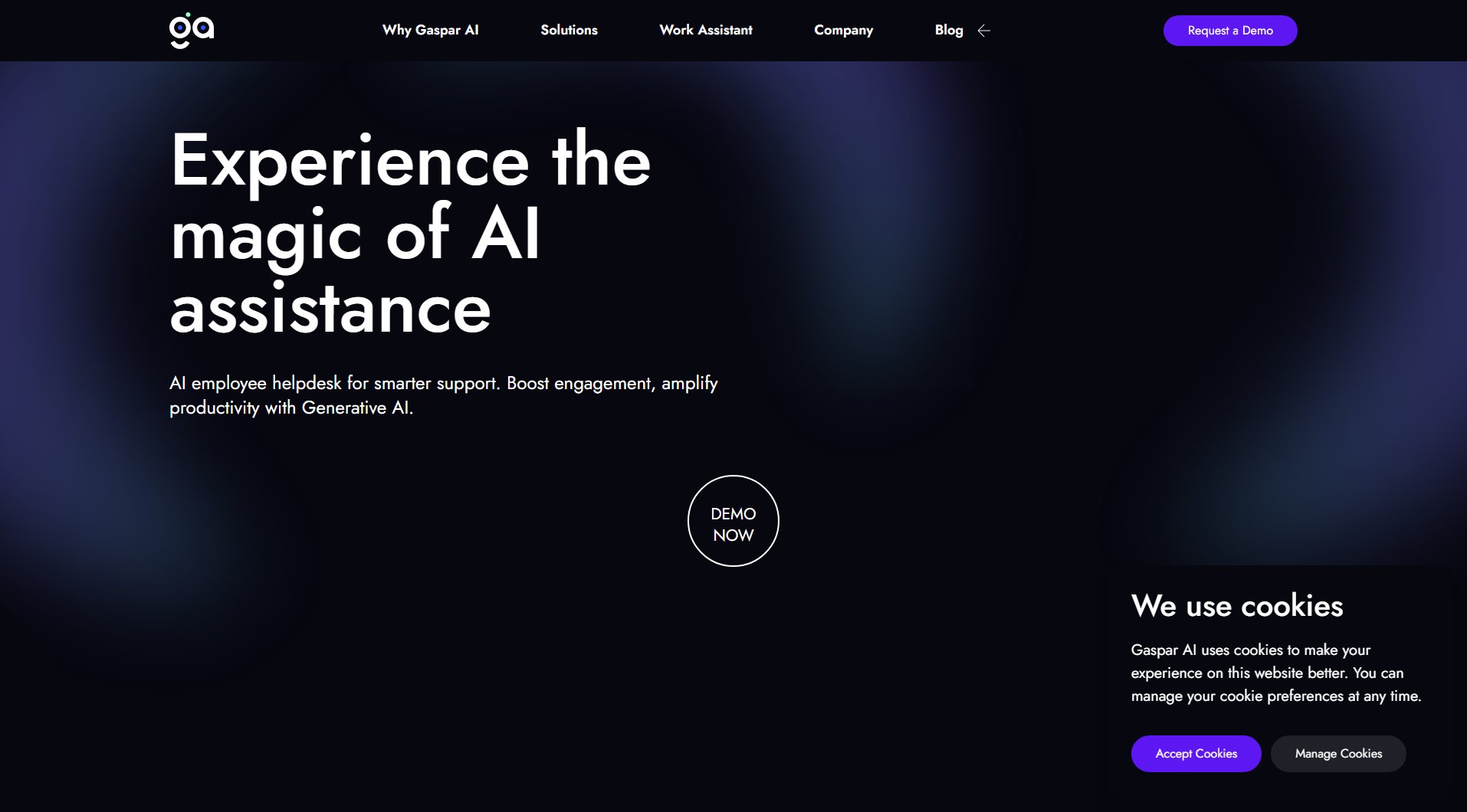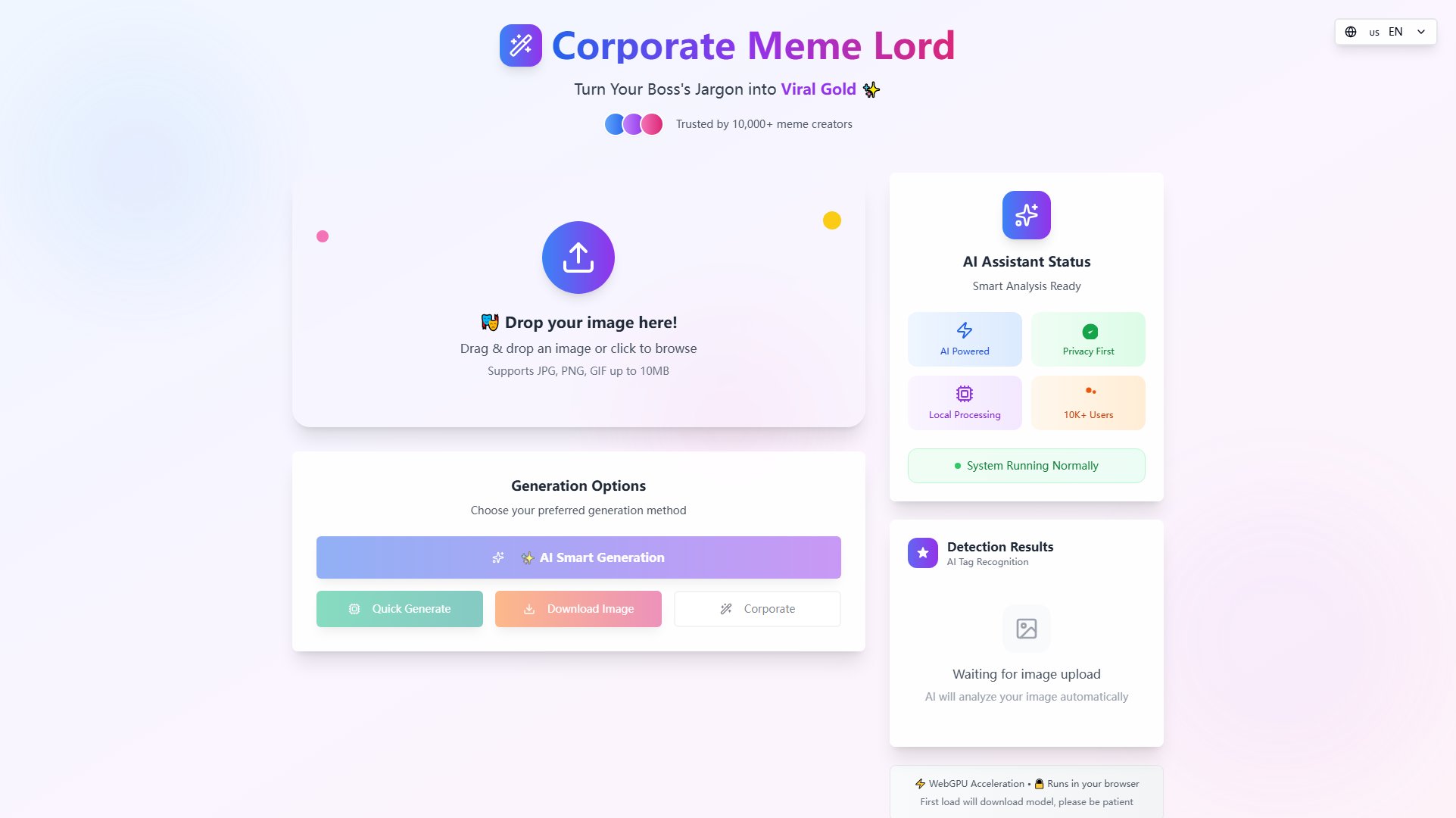BuildKit
Build AI tools to fetch emails and more in minutes
What is BuildKit? Complete Overview
BuildKit is a powerful AI tool that allows users to quickly develop custom AI applications, particularly for tasks like fetching Gmail emails. It leverages the Pica MCP Server and integrates with popular frameworks like Vercel AI SDK, LangChain, and MCP to streamline the development process. BuildKit is designed for developers and tech-savvy users who want to create AI-driven tools without extensive coding. The tool simplifies the process by providing pre-configured setups, easy integration with external services, and a vast catalog of actions across numerous integrations.
BuildKit Interface & Screenshots
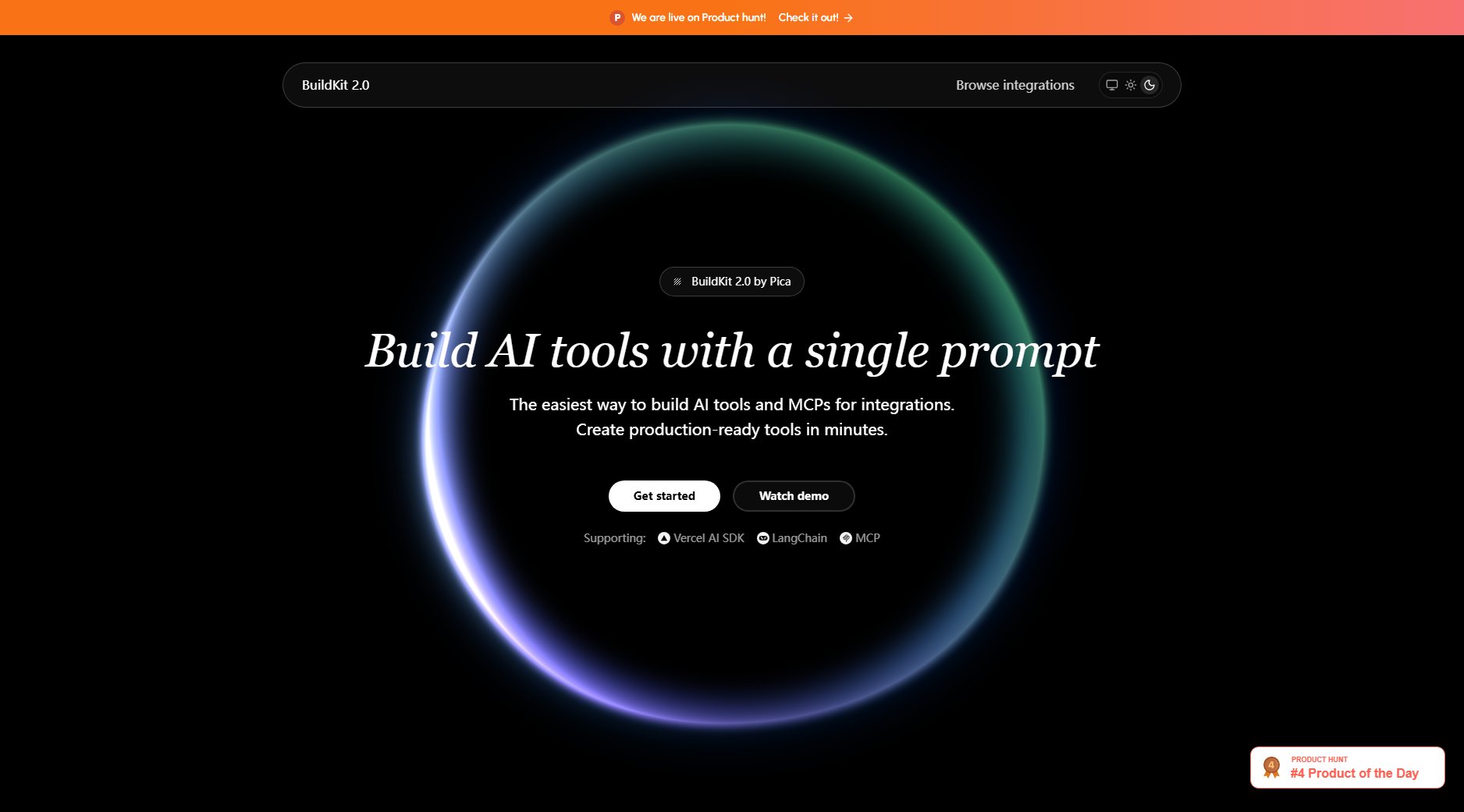
BuildKit Official screenshot of the tool interface
What Can BuildKit Do? Key Features
Pica MCP Server Integration
BuildKit seamlessly integrates with the Pica MCP Server, enabling users to set up their development environment quickly. The MCP Server handles the heavy lifting, allowing users to focus on building their AI tools. Simply install the server, configure your API key, and you're ready to go.
Gmail Integration
BuildKit allows users to connect their Gmail accounts effortlessly. This feature is perfect for creating tools that fetch unread emails, manage inboxes, or automate email-related tasks. The setup is straightforward, requiring just a few clicks to authorize and connect your account.
Starter Project Templates
BuildKit offers starter project templates for popular frameworks like Vercel AI SDK, LangChain, and MCP. These templates come pre-configured with all necessary dependencies, making it easy to jumpstart your development. Users can clone the repository, install dependencies, and start building immediately.
Custom Rules for LLMs
BuildKit provides the ability to add custom rules for Large Language Models (LLMs) to understand specific tasks. Users can define these rules in a simple markdown file, ensuring the AI interprets commands accurately. This feature enhances the tool's flexibility and precision.
Prompt-Based Tool Creation
With BuildKit, users can create tools by simply prompting the LLM. For example, a single prompt can generate a tool to fetch Gmail emails. This feature eliminates the need for extensive coding, making AI tool development accessible to a broader audience.
Best BuildKit Use Cases & Applications
Email Management Tool
Build an AI tool to fetch and organize unread Gmail emails. This tool can summarize emails, categorize them, or flag important messages, saving time and improving productivity.
Automated Customer Support
Create a tool that automatically responds to customer inquiries by fetching and analyzing incoming emails. The AI can generate appropriate responses based on predefined rules, reducing manual effort.
Data Extraction from Emails
Develop a tool to extract specific data (e.g., order details, contact information) from emails and store it in a database. This is useful for businesses that need to process large volumes of emails efficiently.
How to Use BuildKit: Step-by-Step Guide
Install the Pica MCP Server by selecting your preferred tool (Cursor, Claude Code, or Windsurf) and updating the MCP JSON file with your Pica secret key. This sets up the server to handle your AI tool's backend operations.
Connect your Gmail account to BuildKit. This step authorizes the tool to access your emails, enabling you to build applications that interact with your inbox. The process is quick and requires minimal input from the user.
Set up a starter project using one of the provided frameworks (Vercel AI SDK, LangChain, or MCP). Clone the repository, install dependencies, and configure environment variables to get your project up and running.
Add custom rules for the LLMs to understand BuildKit. These rules are defined in a markdown file and help the AI interpret your commands accurately. Verify the setup by asking the AI about your connections.
Prompt the LLM to build your tool. For example, a simple prompt can create a tool to fetch unread Gmail emails. The AI generates the necessary code and configurations, allowing you to start using your tool immediately.
BuildKit Pros and Cons: Honest Review
Pros
Considerations
Is BuildKit Worth It? FAQ & Reviews
The Pica MCP Server is a backend service that powers BuildKit, handling tasks like API integrations, data processing, and AI model interactions. It simplifies the development process by managing these complexities.
While BuildKit is designed to minimize coding, some technical knowledge is helpful, especially when setting up the environment and configuring integrations. However, the tool's prompt-based features make it accessible to users with limited coding skills.
Yes, BuildKit uses secure connections and follows best practices for data privacy. Your Gmail credentials and other sensitive information are handled with care, and you can review the permissions during setup.
Currently, BuildKit primarily supports Gmail integration. However, the platform is continuously expanding, and support for other email providers may be added in the future.
BuildKit supports popular frameworks like Vercel AI SDK, LangChain, and MCP. These frameworks provide the foundation for building and deploying AI tools quickly and efficiently.
